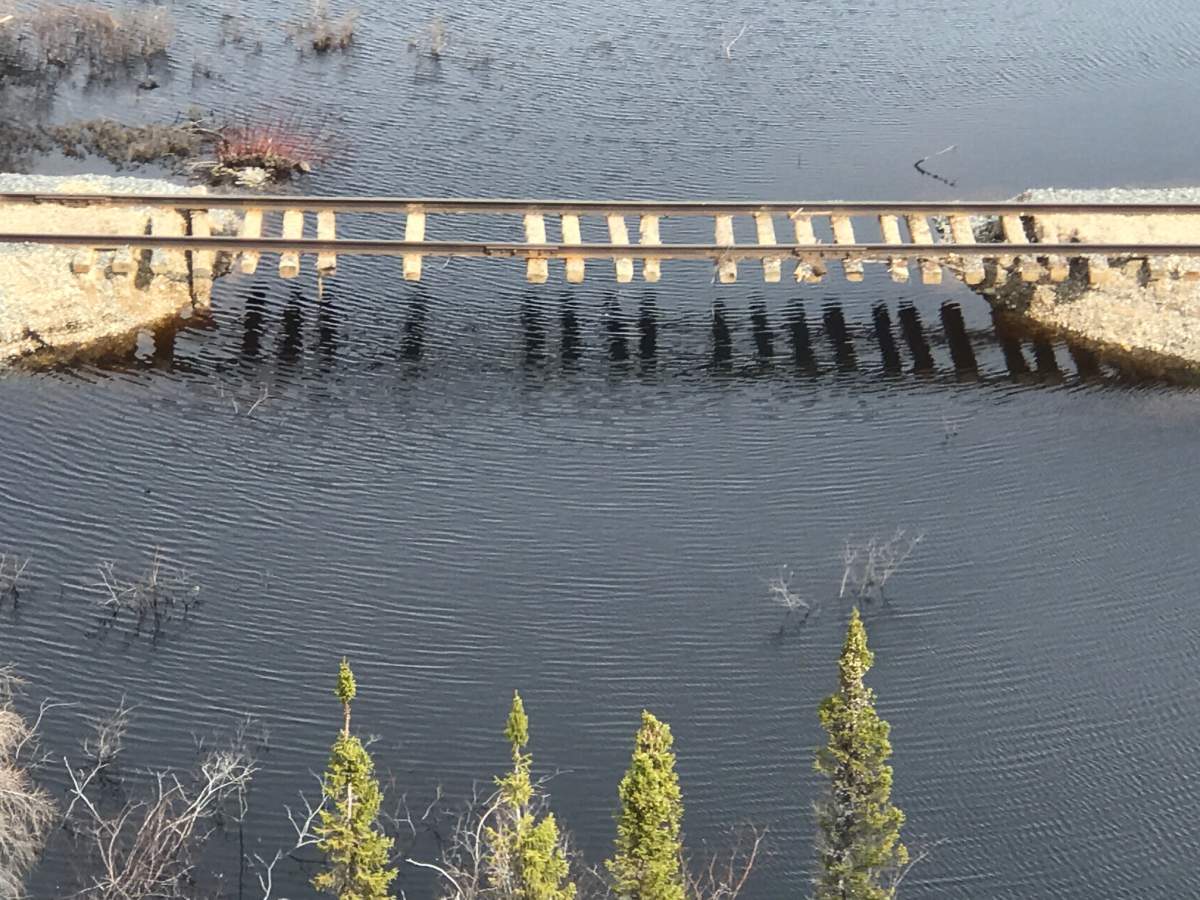Global Water Futures (GWF) announced on Monday that nine of 21 new research projects to predict Canada’s future hydrology will be led by the University of Saskatchewan (U of S).

All of the projects — valued at over $10 million in total — aim to address critical water security challenges, such as the melt of mountain glaciers and prairie food production.
GWF director John Pomeroy said the hydrology of Canada and all cold regions is changing dramatically due to climate change.
“We have entered the ‘Great Thaw’ due to rapid climate change, and with economic growth and changing ways in which we use the land, we now have more damaging droughts, fires, floods, algal blooms, and water quality advisories than in the past,” he said in a press release.
“These 21 new projects will help us understand, diagnose and predict change, and develop new tools, such as sensors, analytical procedures, and computer models to support water-related decision making.”

Get breaking National news
WATCH: Heart-wrenching video of emaciated polar bear shows stark reality of climate change

Over the next three years, 450 researchers and scientists will be trained and hired to work on the projects and support GWF.
“The outcomes of this torrent of new science will include a better understanding of snow and rain storms, floods and droughts,” Pomeroy said.
“As well as how to better measure and manage the quality of source waters; how deep groundwater is affected by the surface; how water affects human health in Indigenous communities; how to improve water governance; and even how to encourage global water citizenship.”
U of S-led projects:
- Collaborative modelling framework for water futures and holistic human health effects;
- Old Meets New: subsurface hydrogeological connectivity and groundwater protection;
- Omic and chemical fingerprinting methodologies using ultrahigh-resolution mass spectrometry for geochemistry and healthy waters;
- Short‐duration extreme precipitation in future climate;
- Diagnosing policy and governance effectiveness for agricultural water management during times of change;
- Crowdsourcing water science;
- Adaptation governance and policy changes in relation to a changing moisture regime across the southern boreal forest;
- Hydrological processes in frozen soils; and
- Improved estimates of wetland evaporation.
The 12 other projects will be led by the University of Waterloo, McMaster University, Wilfrid Laurier University, University of Quebec and University of Manitoba.
GWF, the world’s largest university-led freshwater research program, was established within the Global Institute for Water Security in 2016.


Comments